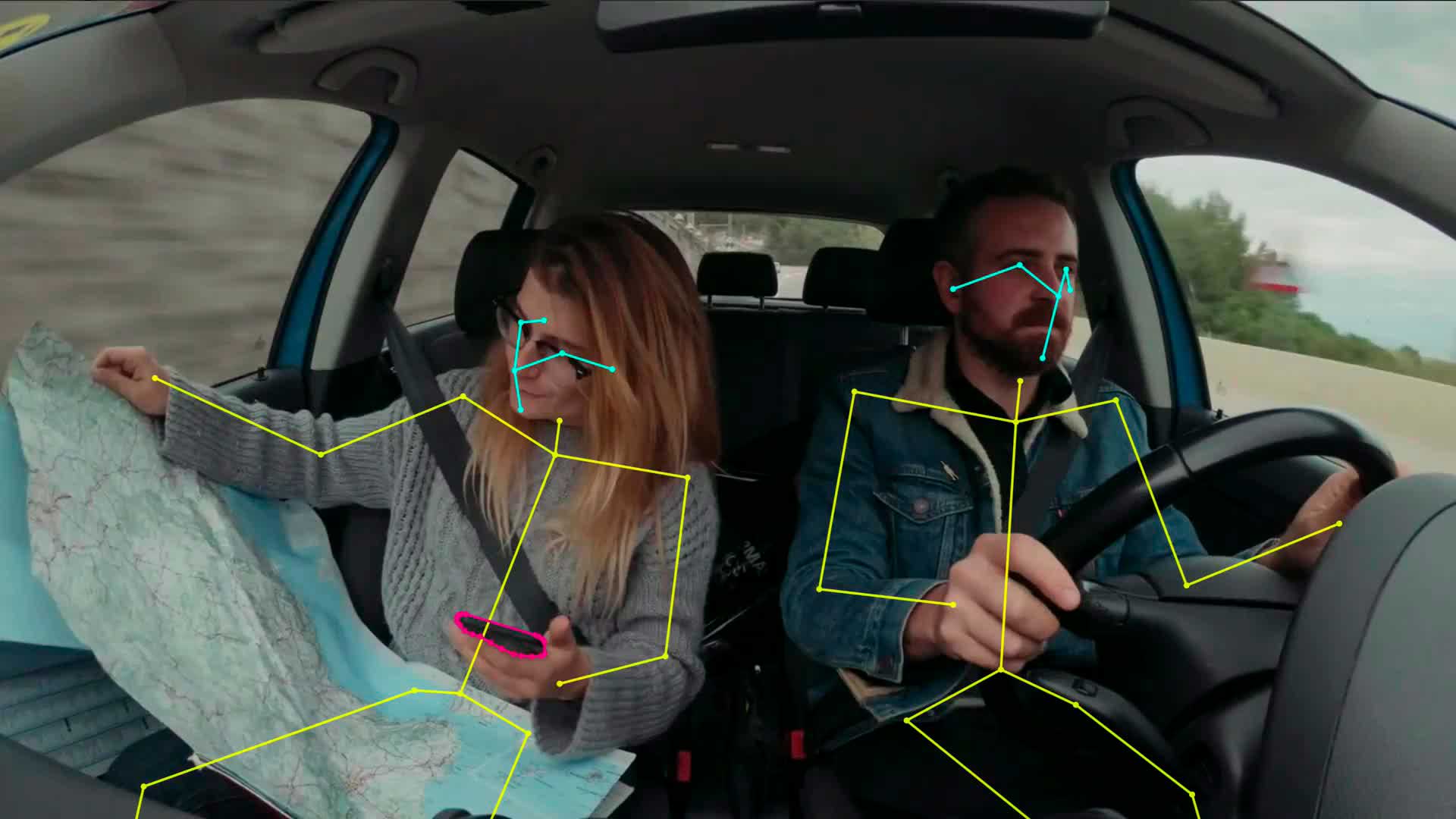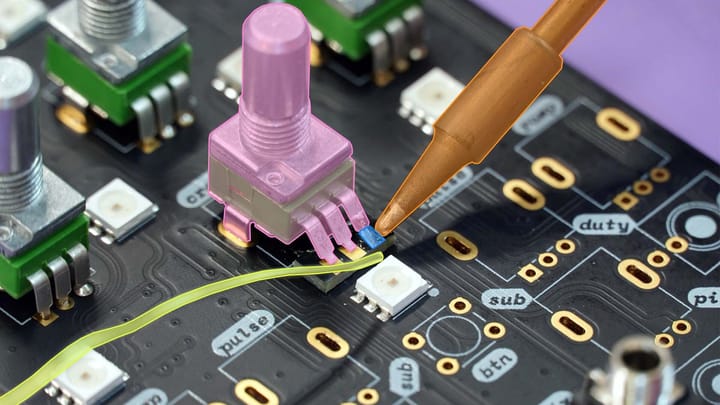In-Cabin AI is Making Driving Safer

The ultimate goal for AI technology in the automotive industry is full automation of all driving functions. Years of development, innovation, and cultural change may still be required before this dream is realised. Despite these long term challenges, right now computer vision based AI models are improving the driving experience in a variety of ways.
One promising avenue of research involves turning the camera inside of the car, so called in-cabin AI. Machine learning powered systems have the capacity to recognize objects, and human behaviour, enabling a range of use cases that are making driving safer and more convenient.
This blog will look at two of the most beneficial applications for in-cabin AI. These useful features are made possible by annotated training data. Data annotation services, like Keymakr, provide a number of distinct advantages to developers of this technology.
Monitoring driver behaviour
Driver error accounts for the majority of vehicle accidents. Distracted, imparied, or fatigued drivers are a significant danger to themselves and other road users. AI can be deployed to monitor the behaviour of drivers and give early warning of potential accidents. Machine learning powered in-cabin cameras have the ability to recognize gestures and facial expressions that could indicate impairment.
For example, the in-cabin system can identify if a driver is falling asleep and sound an alarm, waking them up and allowing them to seek proper rest. These applications can also help logistics organisations to train their employees, giving managers advanced notice of potentially dangerous recurring behavior.
To achieve this functionality machine learning models are trained with annotated video and images of in-car behaviour. Annotators add information to each frame of video data using annotation tools. This information includes: tracking body movements with polylines, tracking eye pupil movement to show where a person is looking, and identifying the emotions that a person is displaying at each given moment.
In-cabin object recognition
Object recognition capability allows AI models to improve the overall driving experience for demanding customers. Leaving objects in cars can be an annoying inconvenience, leading to lots of fruitless searching inside the house or workplace. More seriously leaving young children or pets unattended in a vehicle can be potentially dangerous. AI applications can identify important objects and warn users if they are left behind when they exit the car.
Video annotation | Keymakr
This capability is made possible by semantic segmentation annotation. Annotators divide each pixel in each training image or video into a particular class. This allows small objects, like phones and keys, to be highlighted and contextualized.
Creating effective datasets
The two AI use cases discussed above are made possible by data annotation. In order to access the right scale and quality of training data, AI companies in this sector are increasingly reaching out to professional annotation services. Annotation specialists can help in-cabin AI development by providing distinct advantages:
- Image and video creation services: It can often be difficult to find the right data for in-cabin AI. A lack of variety in training data can lead to models that perform sub-optimally. Keymakr is an annotation service that has experience in creating datasets for in-cabin AI from scratch. In-house production facilities allow AI innovators to create and annotate bespoke images and video.
- Security: In the case of close up in-cabin footage it is essential that security and data protection procedures are adhered to. This can often be tricky for AI companies to navigate on their own. AI services leverage the experience with data collection, and can guarantee secure data with the use of encryptions, VPNs, etc.
- Precision: Keymakr boasts an in-house team of skilled annotators, supported by experienced managers. This centrally located annotation operation can guarantee accuracy and precision in a way that crowdsourcing cannot.




